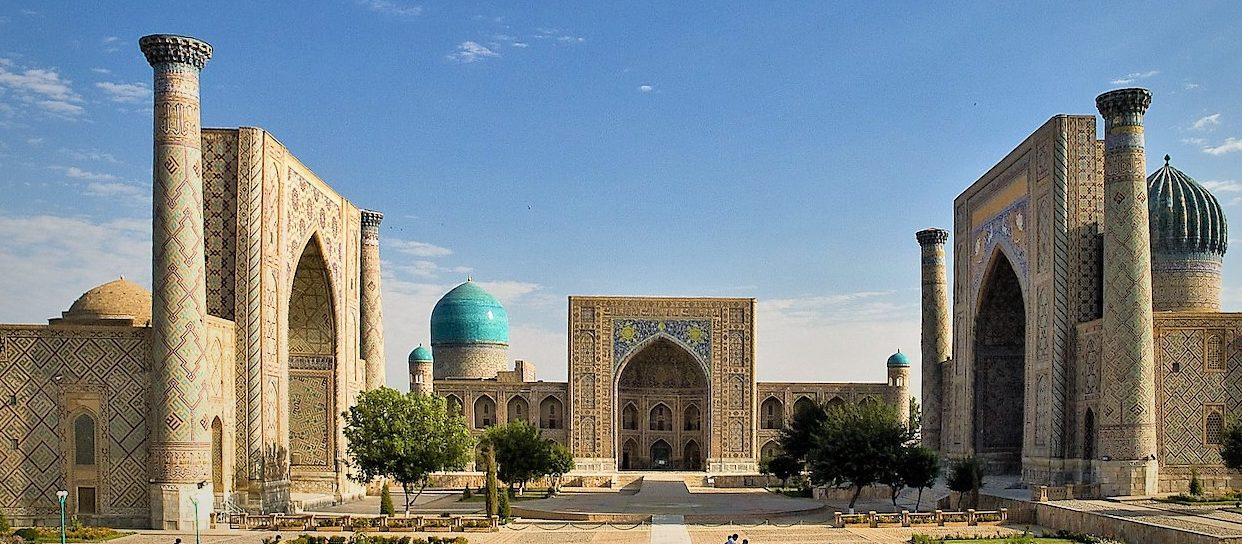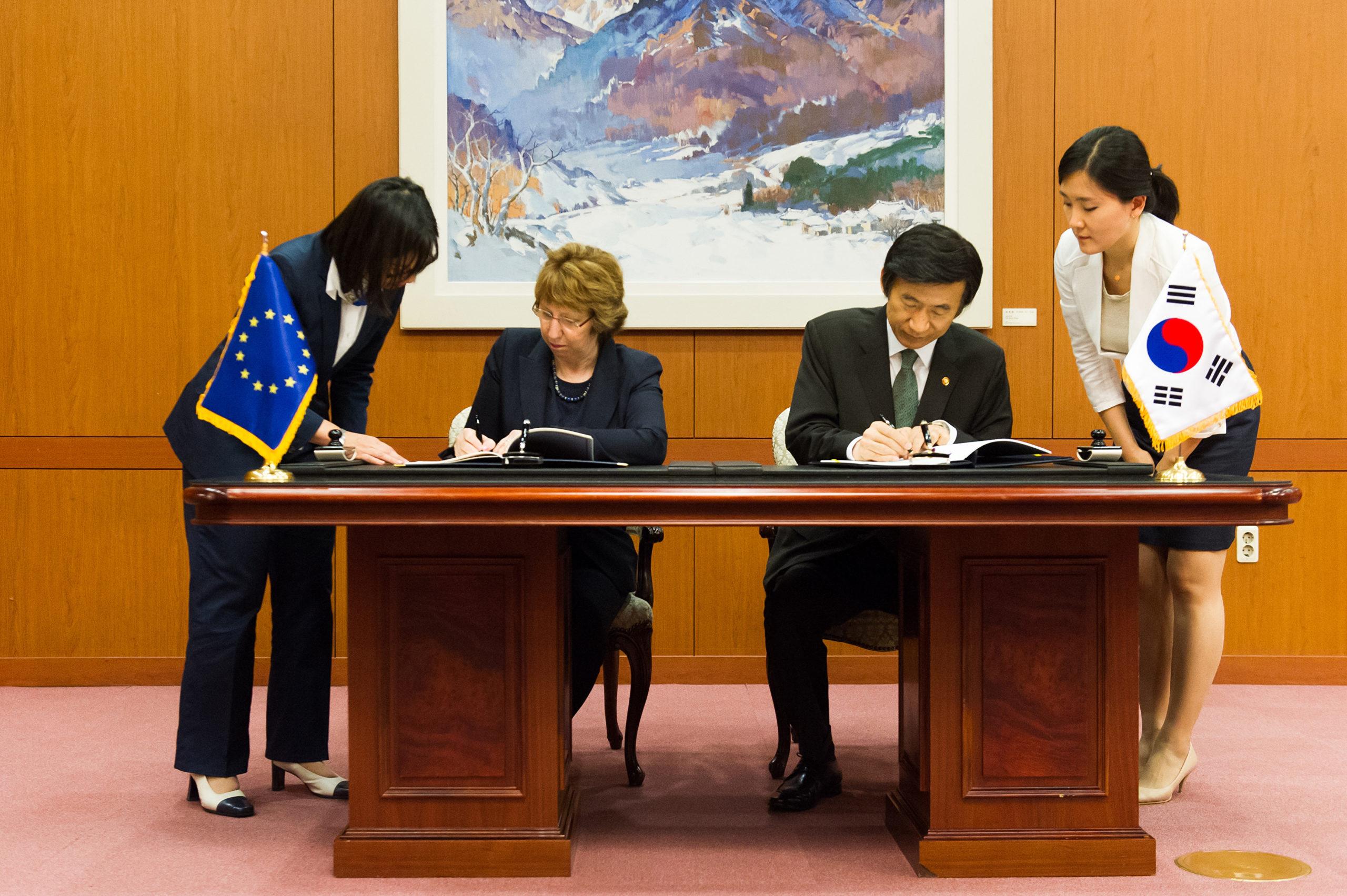
Southeast Asia’s Summit Season
In November 2022, Southeast Asia entered the centre of global attention as the region hosted an unprecedented group of major international summits: the Association of Southeast Asian Nations (ASEAN) and Related Summits in Cambodia on 10-13 November, the Group of Twenty (G20) Leaders’ Summit in Indonesia on 15-16 November and the Asia-Pacific Economic Cooperation (APEC) Summit in Thailand on 18-19 November. Yet, as the summit season gathered the world’s leaders to foster stronger international cooperation, the gatherings were dominated by soaring diplomatic tensions and the growing strategic polarisation, consequently putting Southeast Asia’s international leadership to the test.








